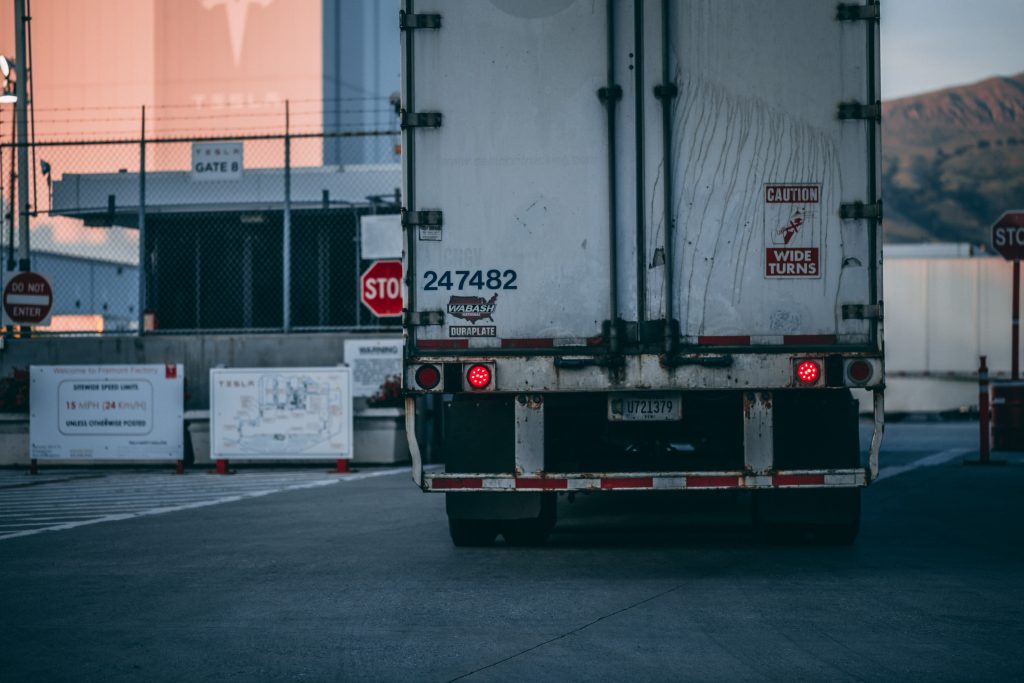Even though various insurance policies are woven into our everyday lives, purchasing insurance still seems to inspire some pretty begrudged feelings. This makes sense of course, it’s an intangible item that doesn’t necessarily immediately benefit the purchaser (except for peace of mind).
Think about this: have you thought about what might happen if your cargo gets damaged? Of course, business owners need to focus on their core offerings. But actually making sure the goods make it to their destination unscathed is a worthy issue to address. This may or may not be obvious, but damaged, uninsured cargo = lost money.
“The best we can do is size up the chances, calculate the risks involved, estimate our ability to deal with them, and then make our plans with confidence.”
Henry Ford
We know that having all the resources you can get as a business owner is important, so that’s why we’ve prioritized covering this topic.
If you are just getting into the business, click here to read our recent blog post: What You Need to Know: Importing/Exporting Business Basics.
Let’s jump into it!
Alright, what is cargo insurance?
Carriers do indeed have a minimal amount of insurance coverage (carrier liability). But this liability is not very extensive. Accidents, weather disasters, and even theft are just a few of the things that can lead to a loss for the shipper. So, it’s ideal in most situations for shippers to request their own cargo insurance to protect their shipment in transit.

Cargo Insurance Classifications
Land Cargo Insurance
This is coverage for land transportation methods like trucks and smaller vehicles. In this context, the coverage elements include thefts, collisions, and other risks related to land transportation. Again, by nature of this mode of transport, the coverage would be domestic, i.e. valid within the country of transport.
Marine Cargo Insurance
You guessed it! This is coverage for the transportation of goods by sea… and air (!?) Yes, air transportation is indeed included in this category. For this mode, coverage would extend to issues like loading and unloading, weather events, and even pirating. For this kind of insurance, the coverage is typically international.
Click here to read our recent blog post: Multimodal vs Intermodal Transport: Which is Better?
What are some examples of benefits? Here are just a few:
- Financial Protection: There isn’t a business out there that doesn’t care about what’s happening at the bottom line. There is an inherent monetary risk to doing business, which is why coverage can help you stay healthy and in the black.
- Fulfilling Contract Requirements: It’s possible that you have a sales partnership or contract that stipulates the need for insurance — you already know what might happen to your goods if you don’t (if you’ve read this far)! Stay far away from legal issues and get the coverage you need.
- Stretching Carrier’s Limited Coverage: As mentioned prior, the carrier’s liability is quite limited and does not often cover what’s needed by shippers. In the event that you rely solely on the carrier, you’ll likely receive only a tiny portion of what you’re owed.
- Peace of Mind (!): Last but not least, the most important benefit! With cargo insurance, you’ll know for sure that you will not be taken advantage of and that you won’t be on the line for something you can’t deliver on.

Mickey Drexler, former CEO of J. Crew & GAP, and current CEO of Outdoor Voices & Head of Drexler Ventures, said: “You can’t run a business without taking risks.”
This certainly rings true for a lot of stakeholders we’ve spoken to in the importing and exporting industry. That doesn’t mean that you should execute on your business plans with a blaring sense of anxiety — getting the right insurance coverage will help you breathe easier and focus more deeply on other aspects of your business.
Click here to learn more about our cargo insurance services.






